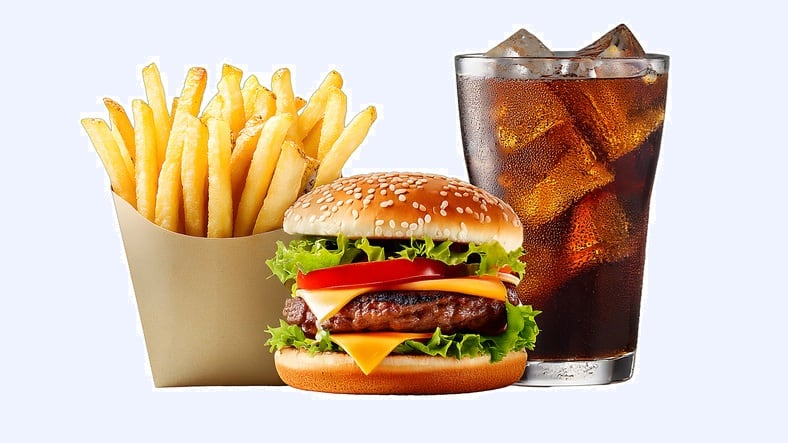
Soda and UPFs: The debate heats up
Soda has long been under attack for its high sugar content and artificial ingredients. It’s now increasingly under scrutiny as a UPF: but in many ways, the beverage industry already knows what to expect

Soda has long been under attack for its high sugar content and artificial ingredients. It’s now increasingly under scrutiny as a UPF: but in many ways, the beverage industry already knows what to expect
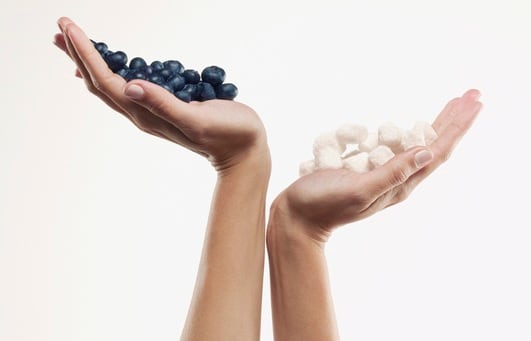
The UK will extend its sugar tax to include more drinks, including milk-based products. Businesses have two options: take the financial hit - or get back into the lab and innovate
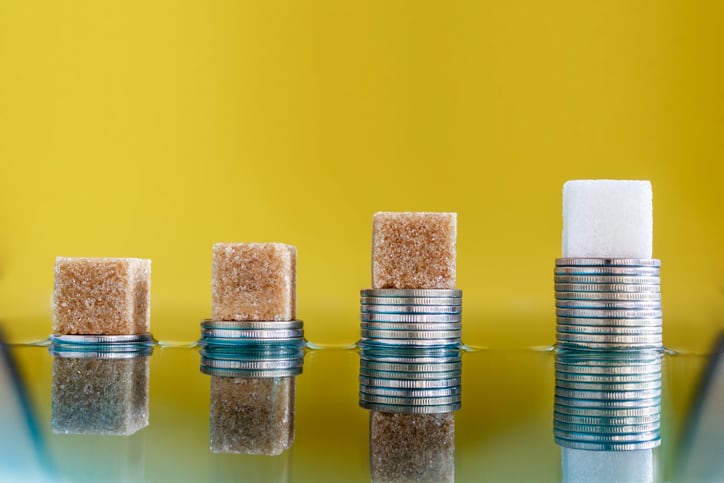
Announcing an expanded sugar tax this week, the UK government acknowledges the delicate balance between public health goals and business innovation. How will the new rules affect the market? We crunch the numbers
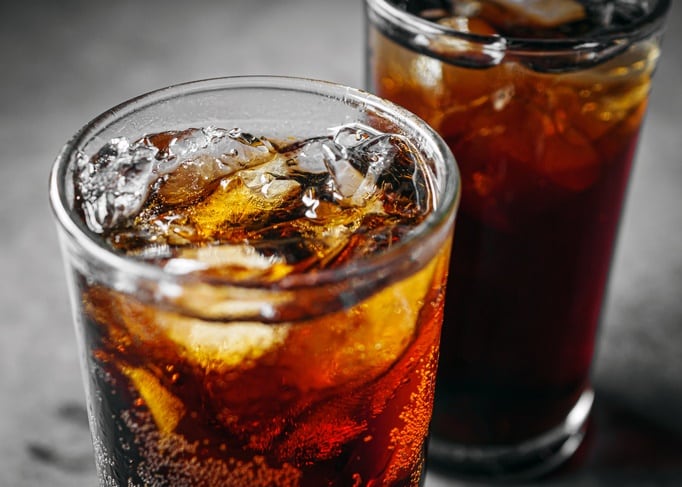
Over 80% of China’s schoolchildren are still choosing sweet drinks, sparking calls for tougher control measures
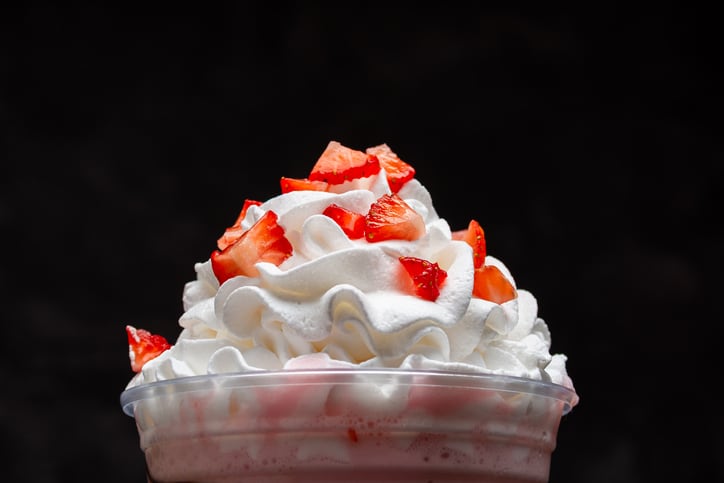
Sugary milk-based drinks will be included in the UK’s Soft Drinks Industry Levy from 2028
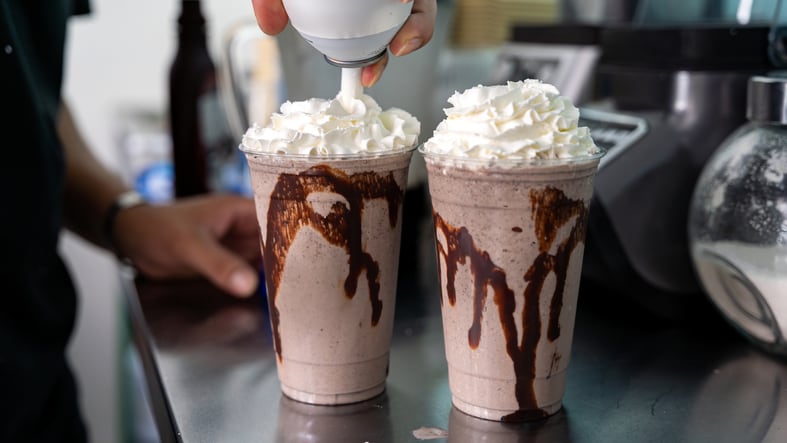
The UK is expanding its Soft Drinks Industry Levy to milk-based drinks. Here are the new rules

The beverage industry has long argued that soda is singled out unfairly when it comes to soda taxes. But now there’s pressure to extend measures across ultra-processed foods
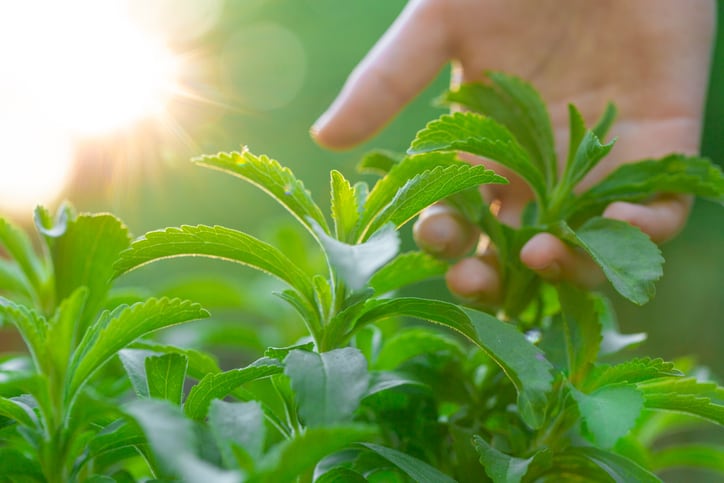
As sugar reduction merges with functionality, global ingredient leaders are betting on advanced stevia solutions to hit the sweet spot
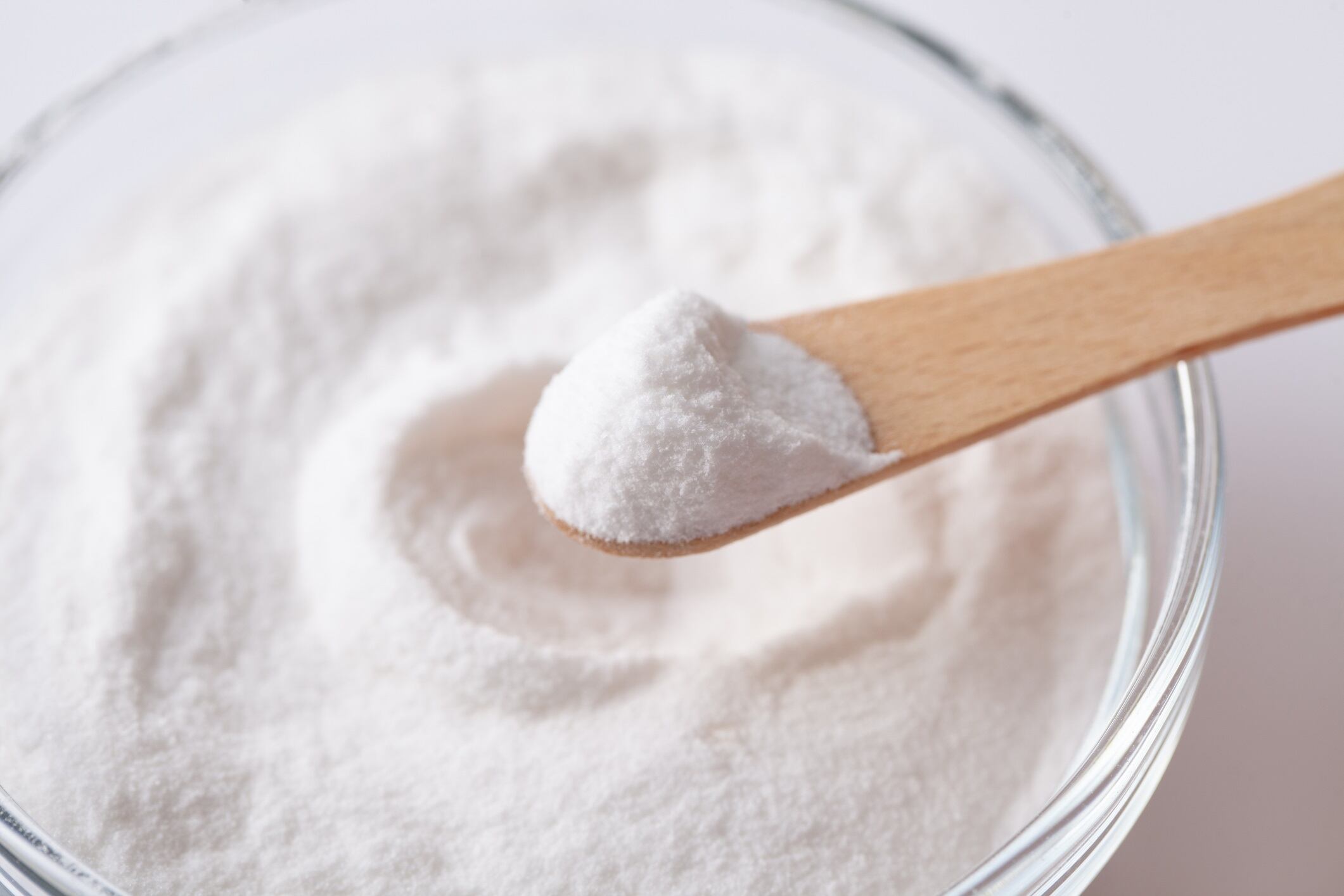
Report calls for ban on ingredient found in thousands of common food and beverage products

Sweeteners in focus
Research by Ingredion suggests a paradigm shift toward plant-based and blended sweeteners over sugar, but consumer confusion about what is ‘natural’ and safe could hinder innovation and sugar reduction efforts
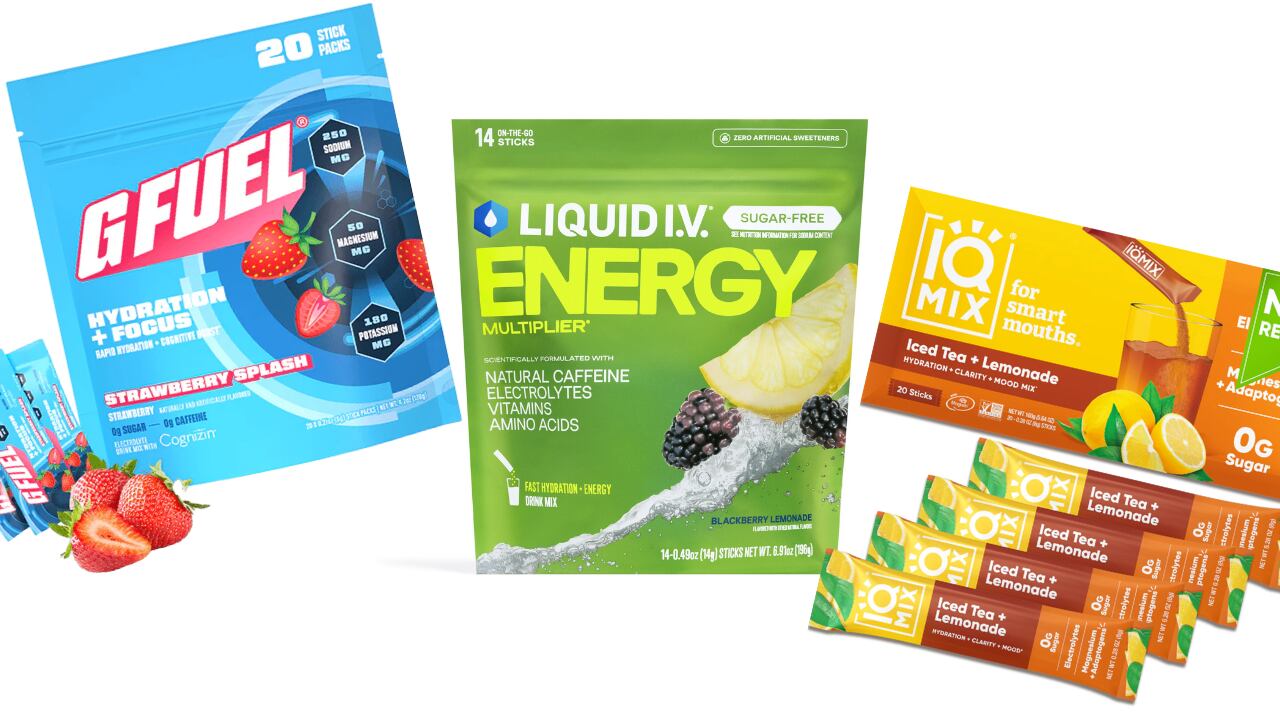
Sweeteners in focus
The $38.7 billion category’s momentum reflects consumer appetite for natural sweeteners, energy and focus
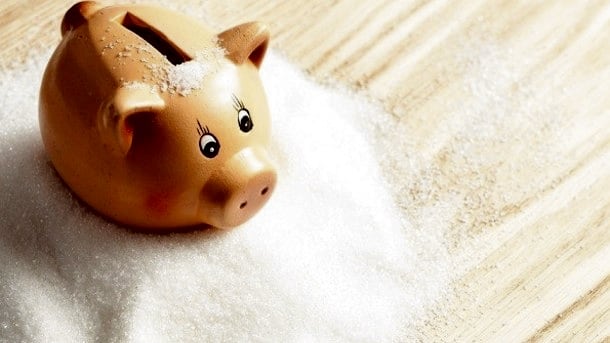
The United Arab Emirates (UAE) will implement a tiered excise tax on sugar-sweetened beverages (SSBs) from January 2026

Beverages are the biggest user of stevia: yet the path for the plant-based sweetener has not been smooth. Does it still hold superstar potential in sugar reduction?
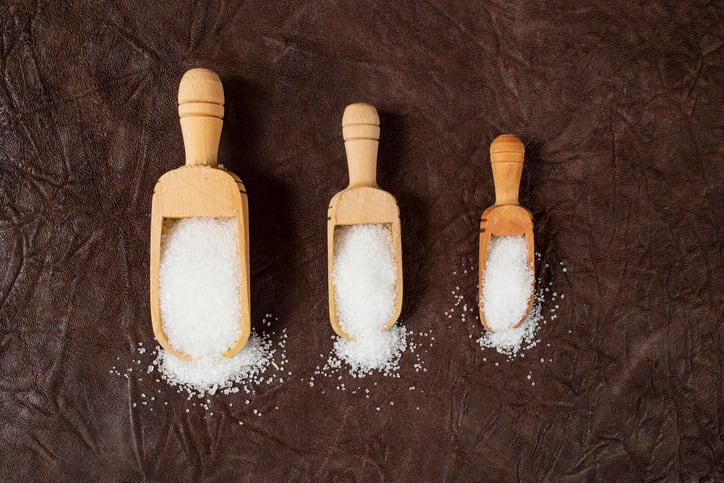
From honey truffle protein to sugar separation solutions: advances in technology sweeten the deal for beverage reformulation
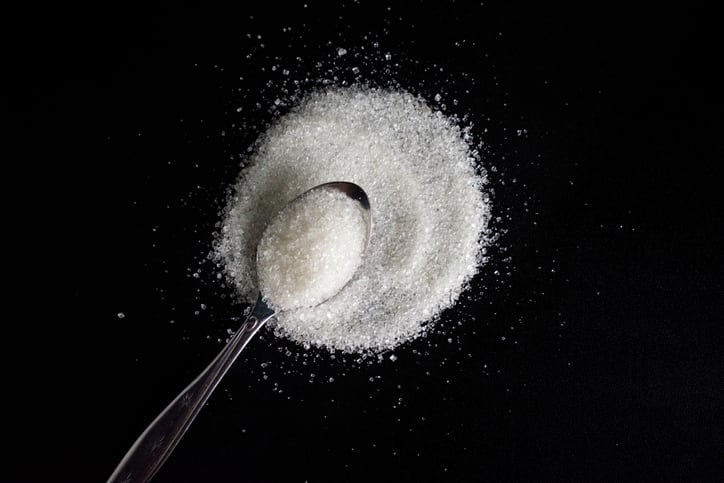
The UK is considering extending its soda tax to more beverages, including milk-based drinks. How big an impact would this have?
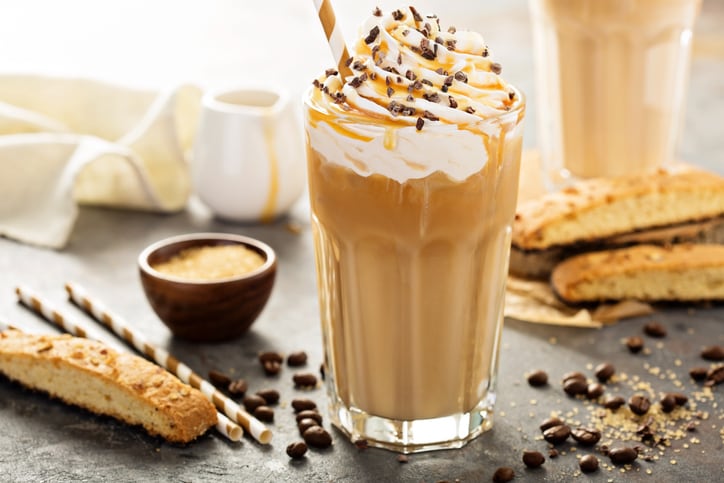
While RTD coffee is a favorite of Gen Z, many brands have a murky secret: high levels of sugar. Can the next generation of products tackle this problem and propel the category to new heights?
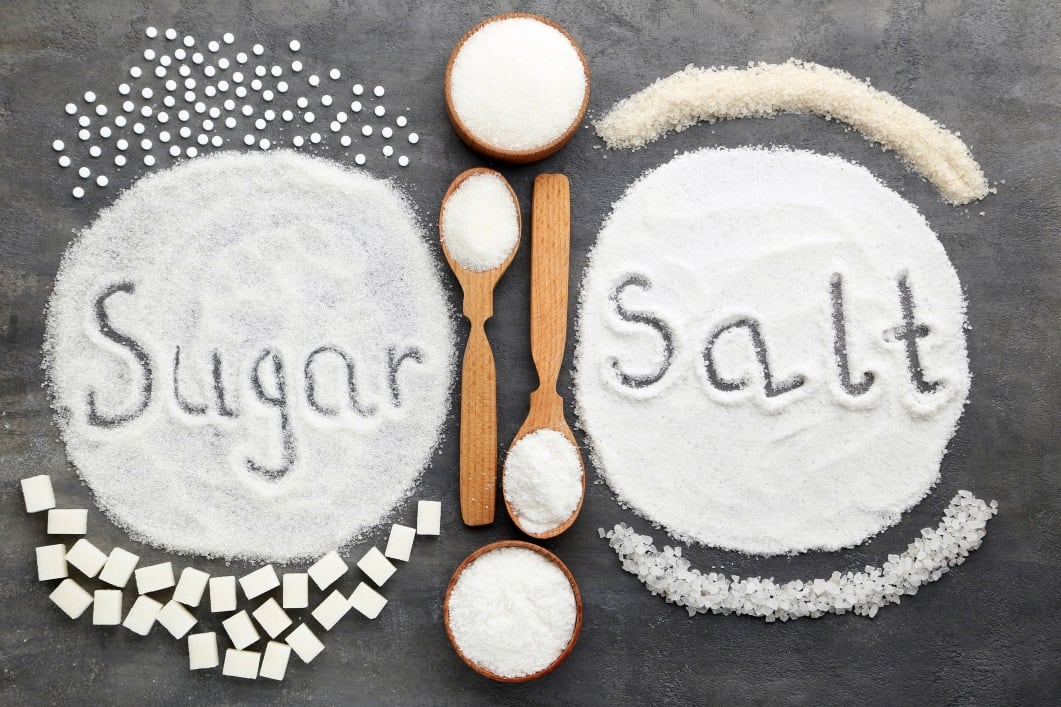
As brands face mounting pressure to cut sodium and sugar without compromising taste, reformulation is no longer a niche concern – it’s driving real commercial gains. Kerry’s behind-the-scenes tech is helping reshape everyday foods and quietly lifting margins
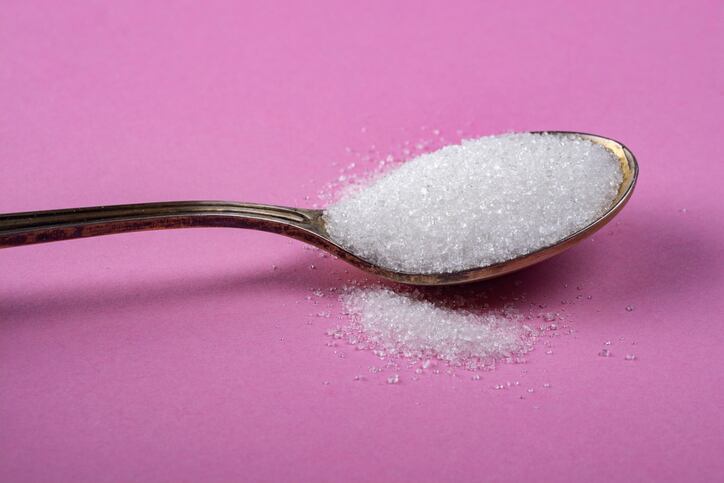
The UK wants to increase the scope of the Soft Drinks Industry Levy: and small businesses are worried

Coca-Cola confirms a cane sugar sweetened Coke will launch in the US in a matter of weeks: but as an additional option in its existing portfolio rather than a reformulation of the flagship drink. From Diet Coke to Coca-Cola Zero Sugar, we take a look at...
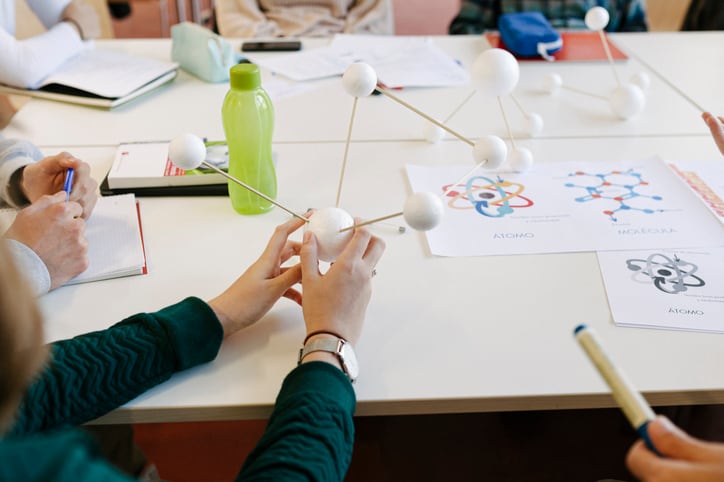
Can artificial intelligence reshape material discovery? How far can lightweighting go? What potential do paper bottles have? Innovators are pushing tech forward like never before...
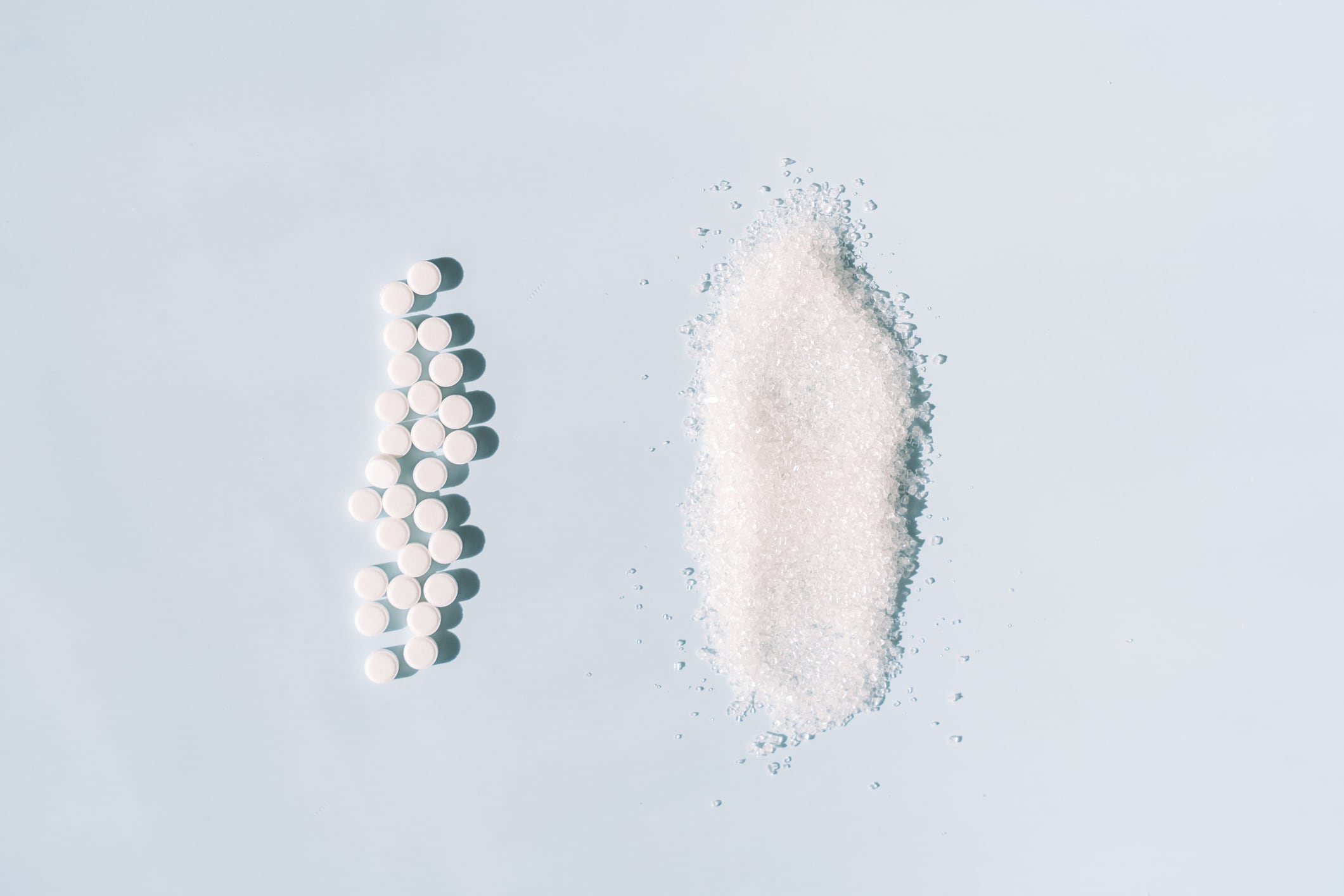
Both artificial and natural sweeteners could increase risk of premature puberty in kids
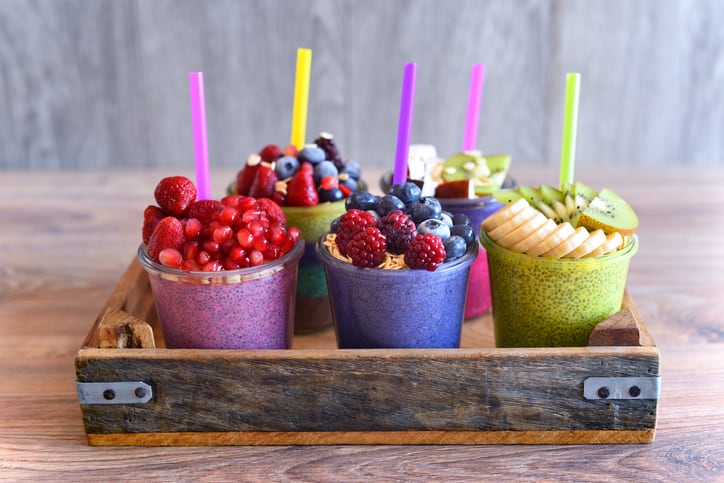
Ready for the new world of GLP-1 food and drink? Want to keep up to speed with the latest in functional and plant-based ingredients, alternative proteins, sugar reduction tech and much more? Here are some of the innovations set to star at the global food...
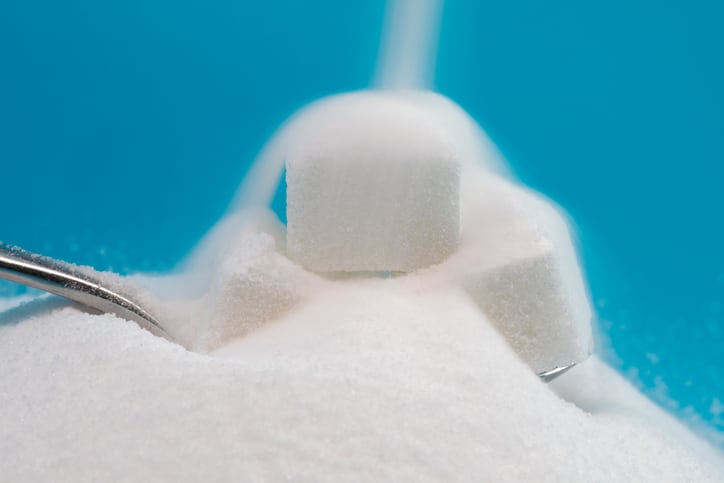
The WHO has long been an advocate for taxes on sugary drinks and alcohol: but its latest initiative calls for drastic, measurable policy shifts
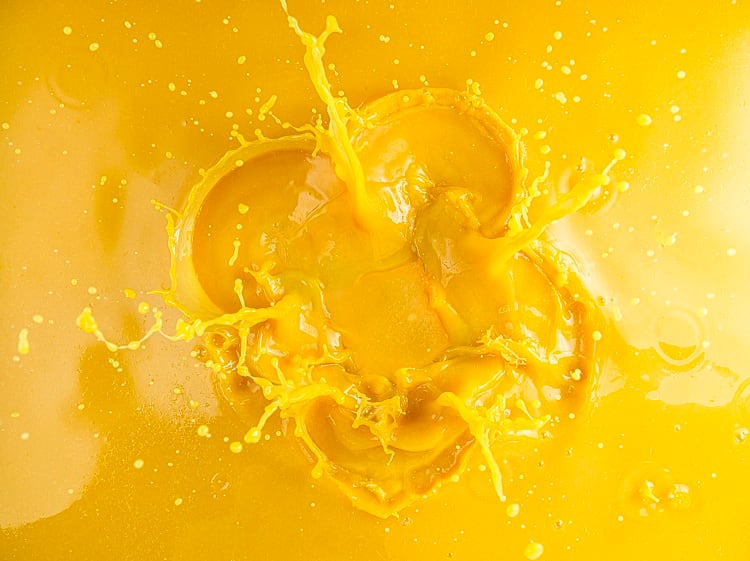
Better yet, products using it won’t be considered ‘novel foods’
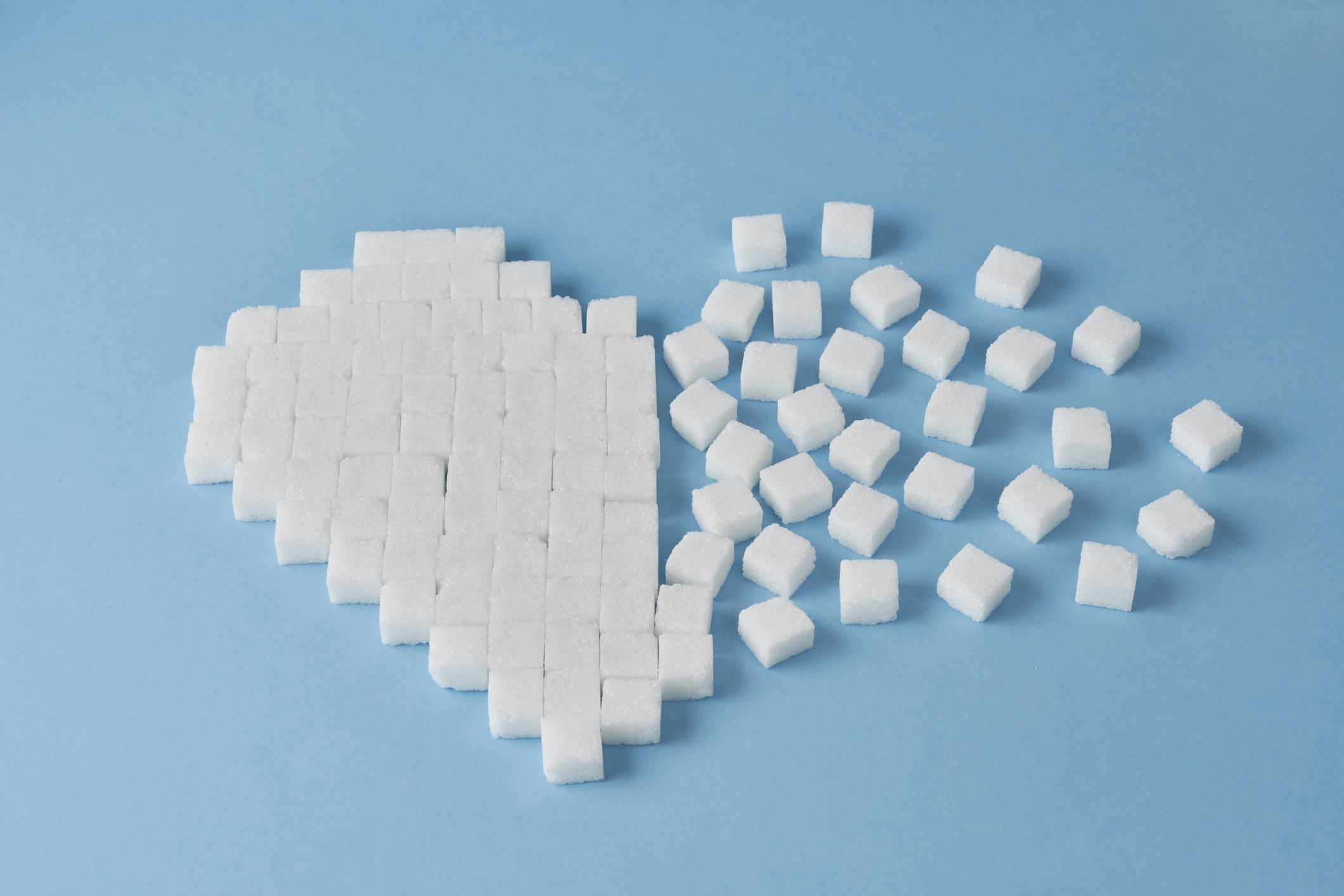
South Korea saw over 20% growth in sugar-free innovation last year, highlighting new opportunities for global health-focused brands
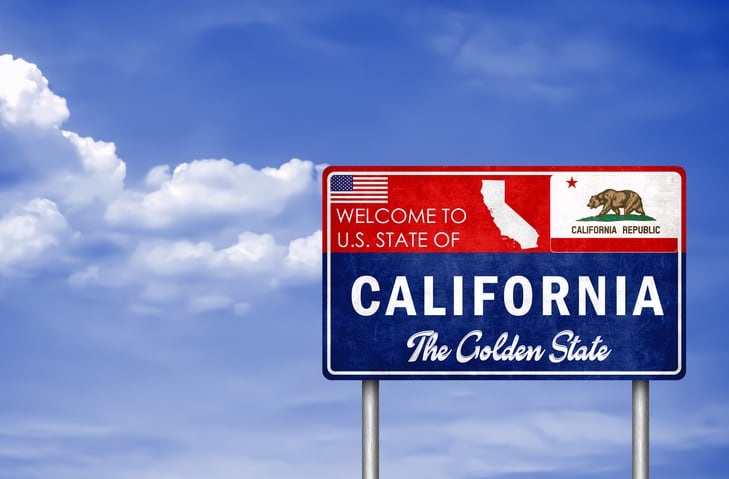
The momentum behind California soda taxes came to an abrupt halt in 2018 with the introduction of the Keep Groceries Affordable Act. But Santa Cruz defied the legislation and introduced a new soda tax: an action it is now preparing to defend
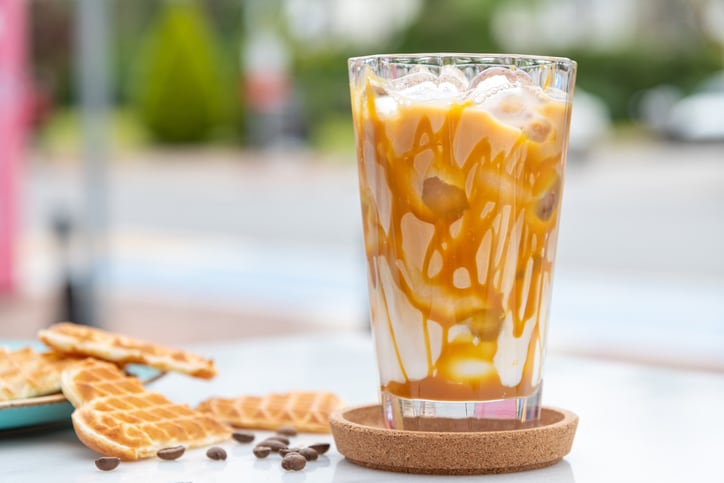
With increasingly sugary and indulgent products on the market, the UK wants to tax RTD coffee in the same way it taxes soda. How could this shake up the RTD coffee market?
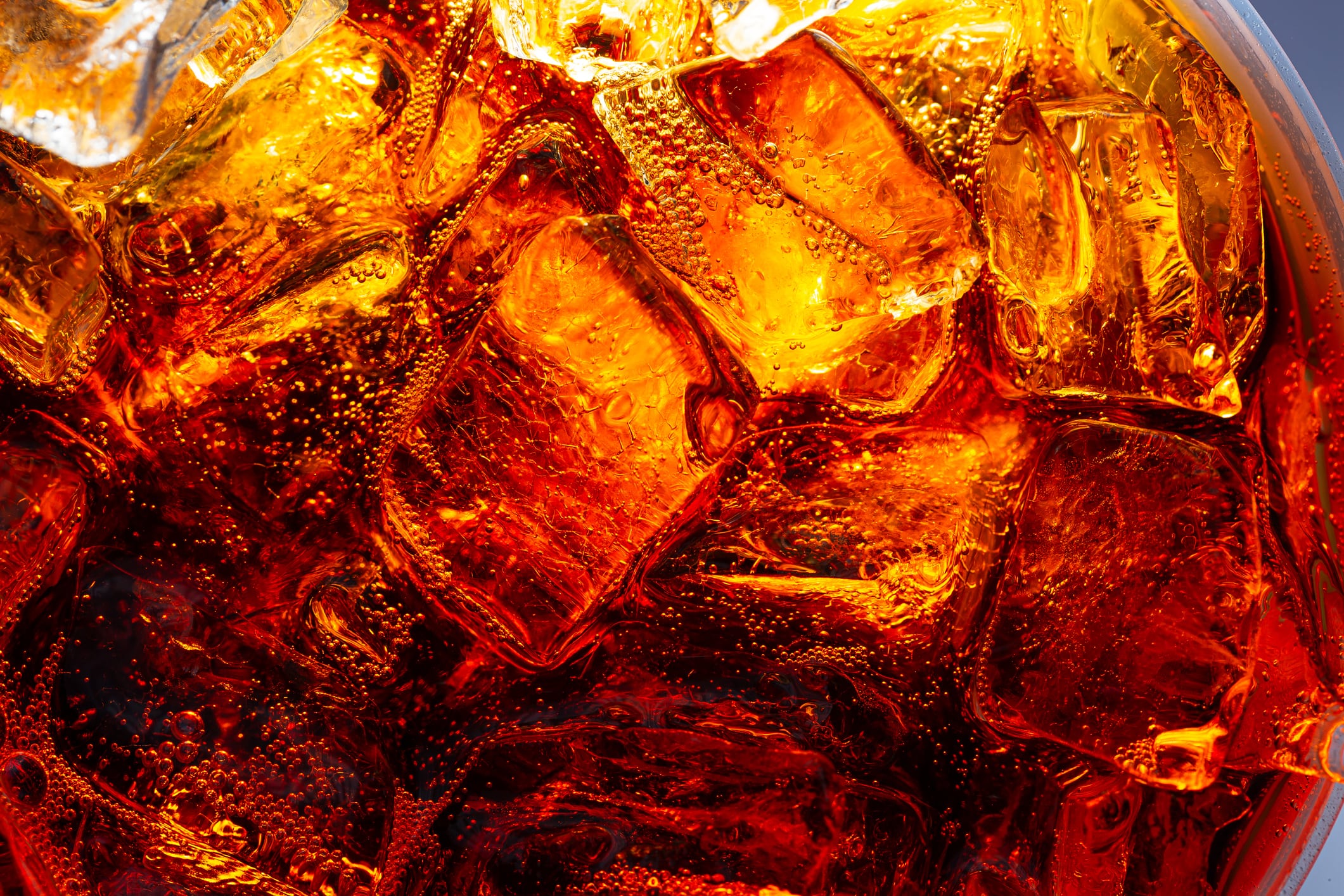
Soda taxes are just one piece of the puzzle

The UK plans to lower the threshold the sugar tax kicks in at: as well as extend it to milk-based drinks and their plant-based counterparts

Mexico is one of the highest consumers of sugary beverages in the world. Can Coca-Cola Zero win over consumers in the country and across Latin America?
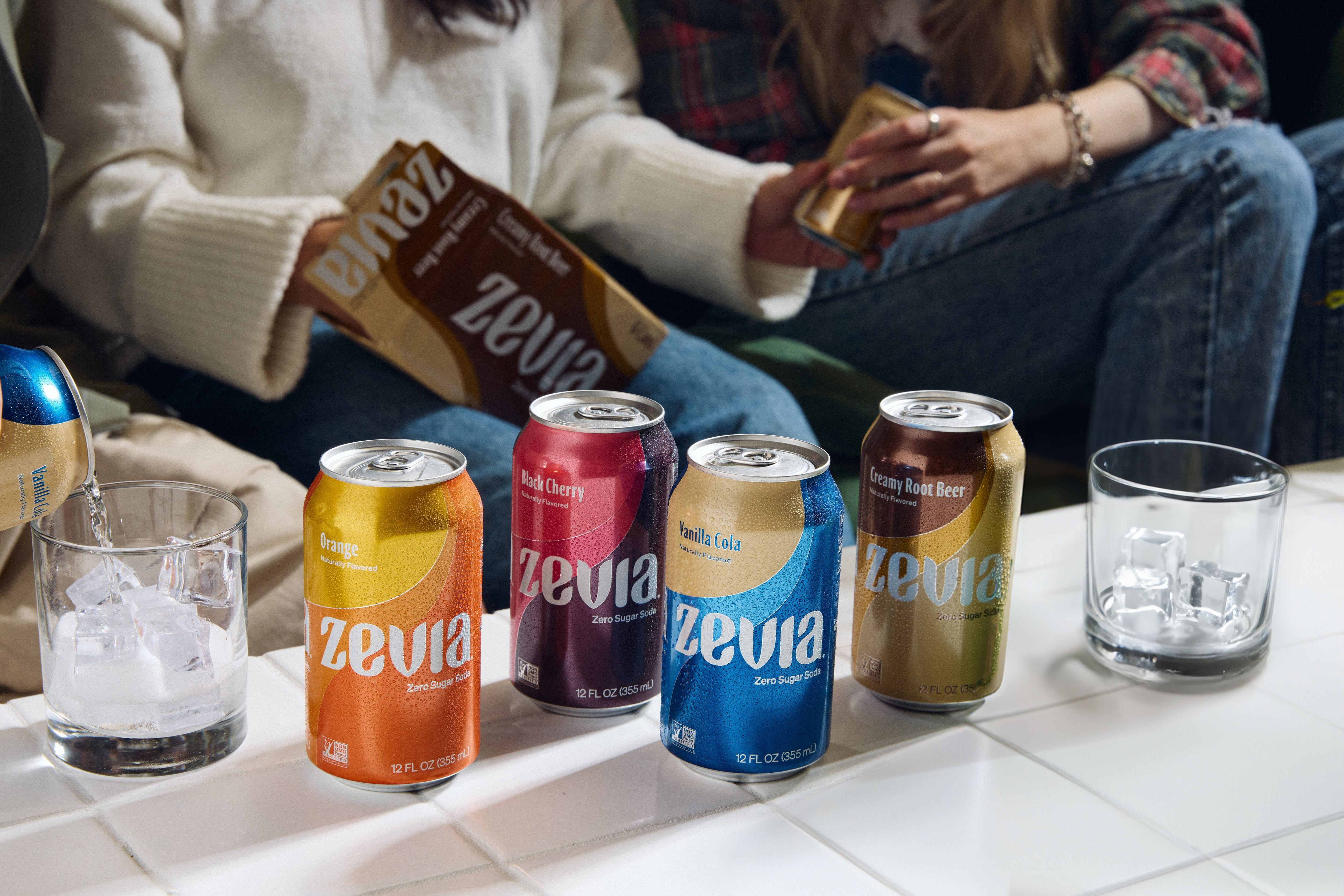
Zevia is a ‘soda you can feel good about’. Dating back to 2007, the naturally sweetened, zero sugar drink was one of the pioneers revolutionizing the very concept of soda – a movement that’s now seeing some serious momentum.
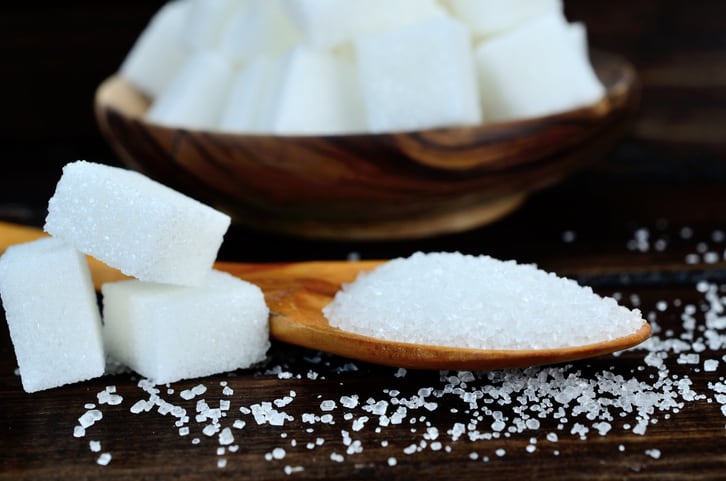
A new study links millions of diabetes and heart disease cases to sugary drinks, with researchers calling for more interventions such as soda taxes, marketing restrictions and public health campaigns.

The partnership between Tate & Lyle and Manus addresses a secure and sustainable supply of Reb M

The beverage sweetener is under fire in a new study
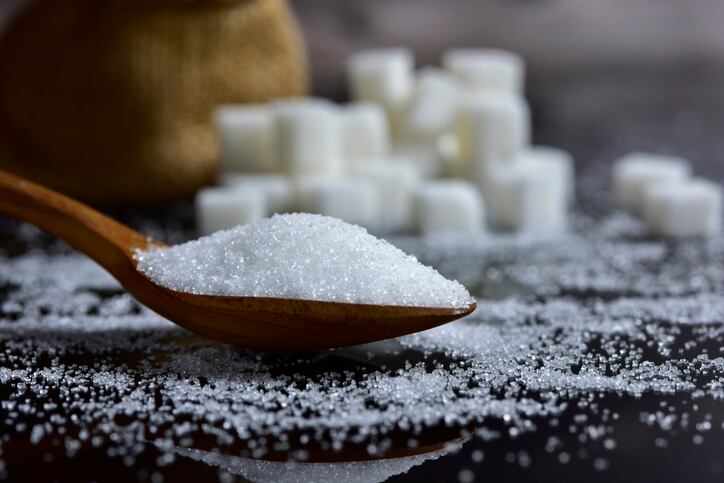
A newly-published large-scale study in Sweden puts the spotlight on how sugar consumption - and specifically sugary drink consumption - affects cardiovascular risk.
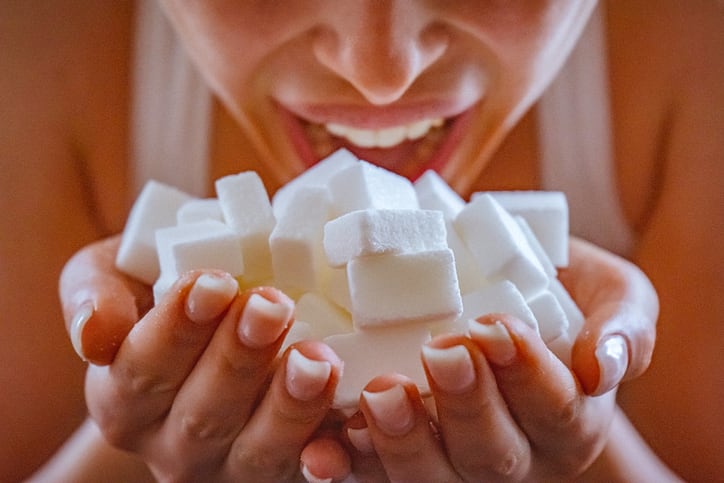
The easiest way to reduce sugar in beverages is simply to put less in. But how far can you go before consumers no longer accept the taste?
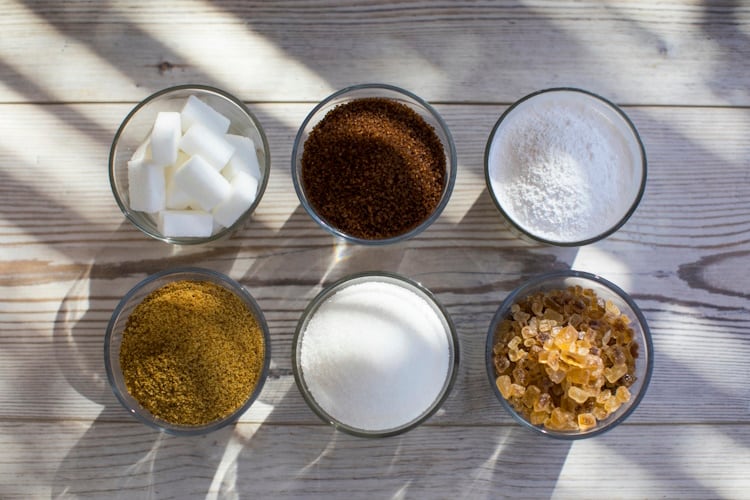
As consumers grow more health-conscious, the demand for natural alternatives to sugar is on the rise. But can these sweeteners deliver the taste and texture consumers crave without compromise?
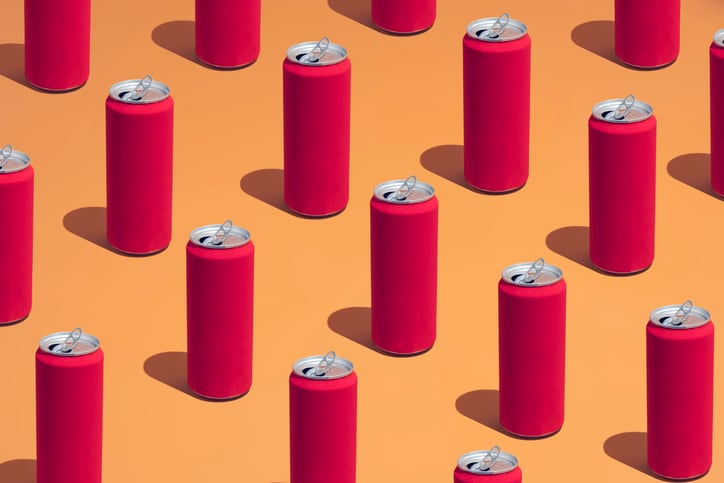
Walmart has introduced its new ‘Modern Soda’ category: featuring innovative, better-for-you brands that are far from the traditional sugar-packed drinks loved by previous generations. So what is Modern Soda – and how big is its potential?
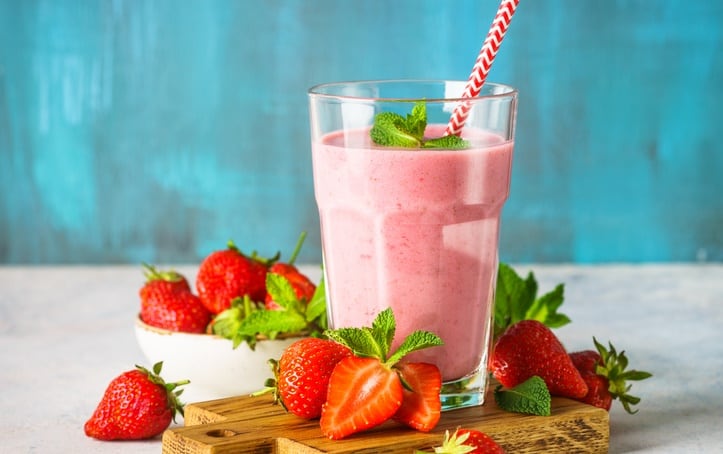
The UK government is considering extending its Soft Drinks Industry Levy to milk-based drinks and plant-based alternatives: putting milkshakes and RTD coffee in the firing line. Will this move go ahead - and could other governments consider doing the same?
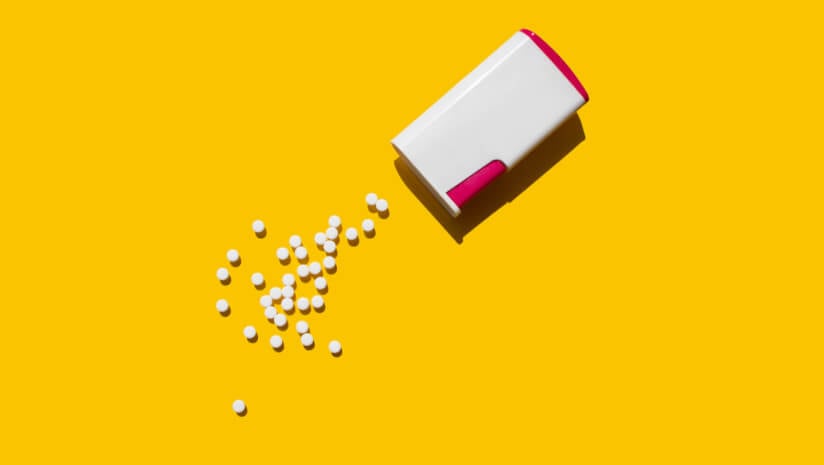
Safe daily intake limits for saccharin have been almost doubled by the European Food Safety Authority following a new review on the sweetener.
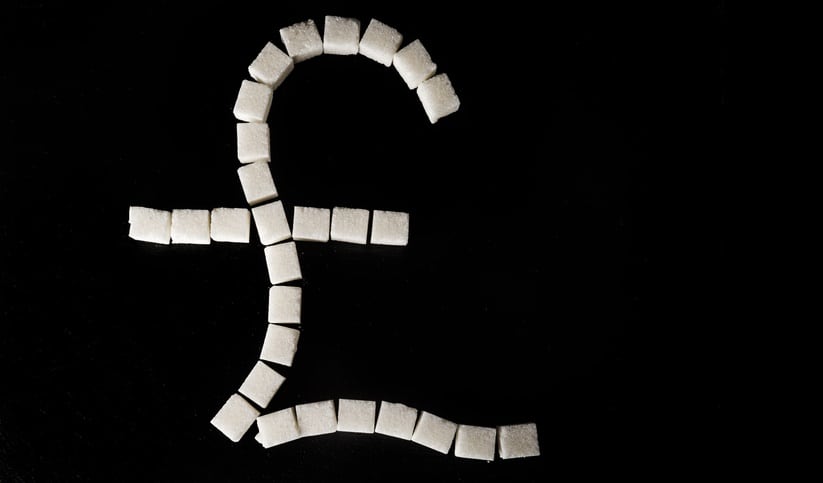
Championing the success of the policy so far, the UK government wants to increase the impact of the Soft Drinks Industry Levy. It’s already announced an increase to the tax: and is also considering extending it to include milk-based drinks.
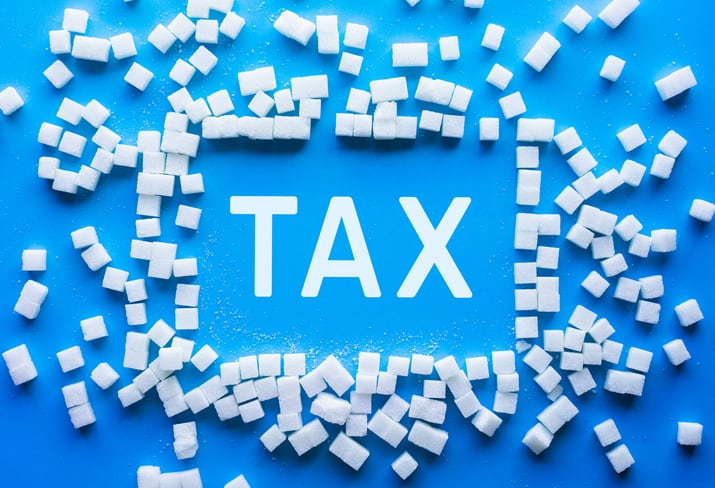
Lower-income people tend to consume more sugar-sweetened beverages than average. Are soda taxes effective at reducing consumption?
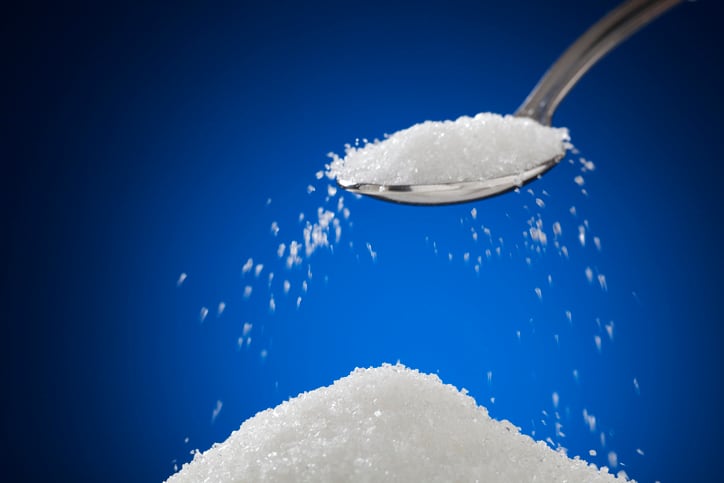
Coca-Cola Consolidated LLC has recalled cartons of Minute Maid Zero Sugar Lemonade: which in fact contained regular Minute Maid Lemonade.
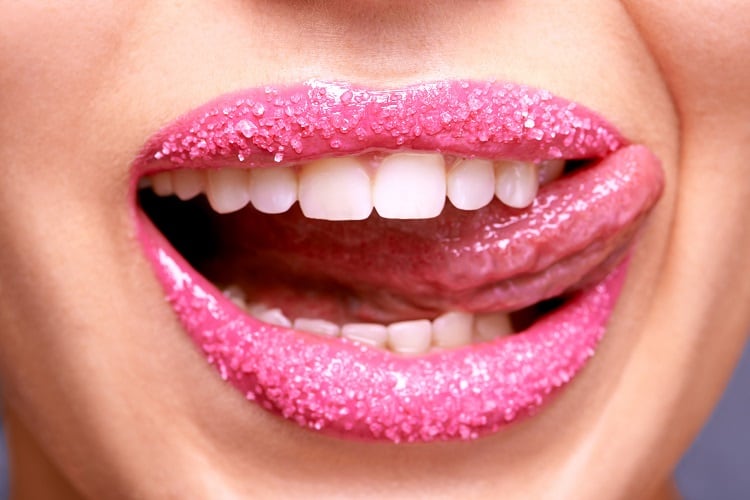
Sugar reduction has become a necessary part of food and beverage manufacture, but what technology is being used and how does it affect sales?
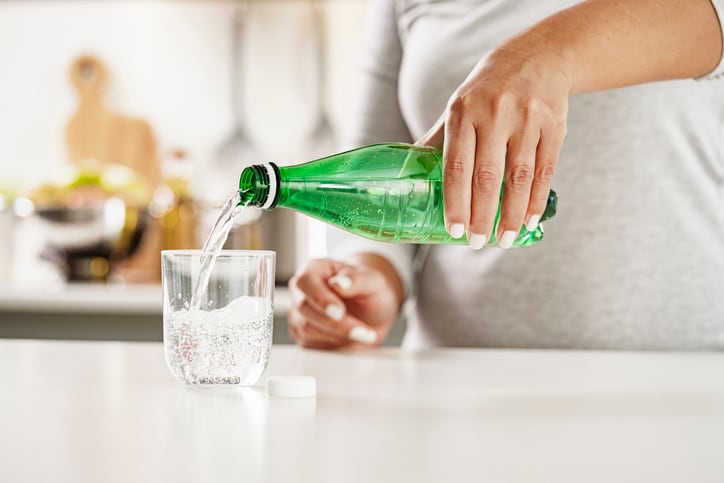
Sugar taxes set out to reduce sugary beverage consumption. But how can that be built on to steer people towards choosing healthier options instead?
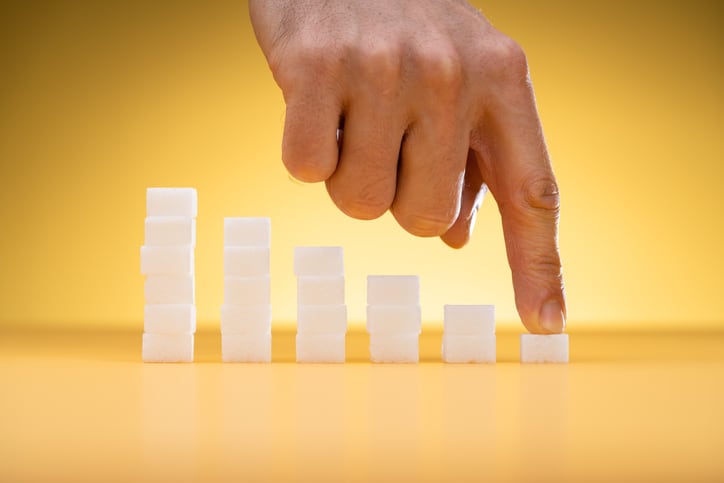
From reformulation to new innovations, what are some of the ways to reduce calories in beverages?
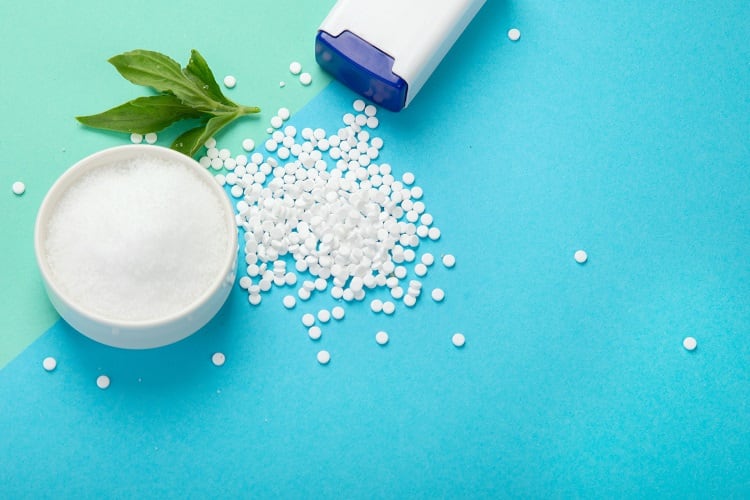
Research suggests some could be more harmful to the environment than others.
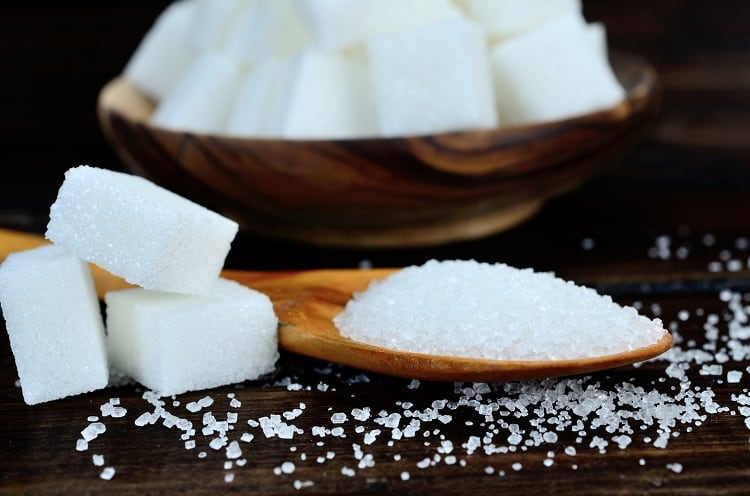
The cost of sugar has increased sharply in recent years. Now researchers believe gene editing could boost supplies. But how, and what does this mean for manufacturers?
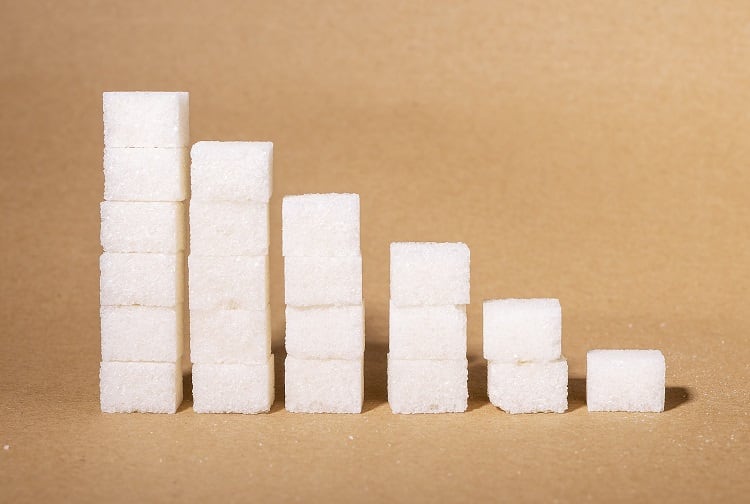
How do approaches to sugar reduction in growth markets differ from those in the rest of the world?
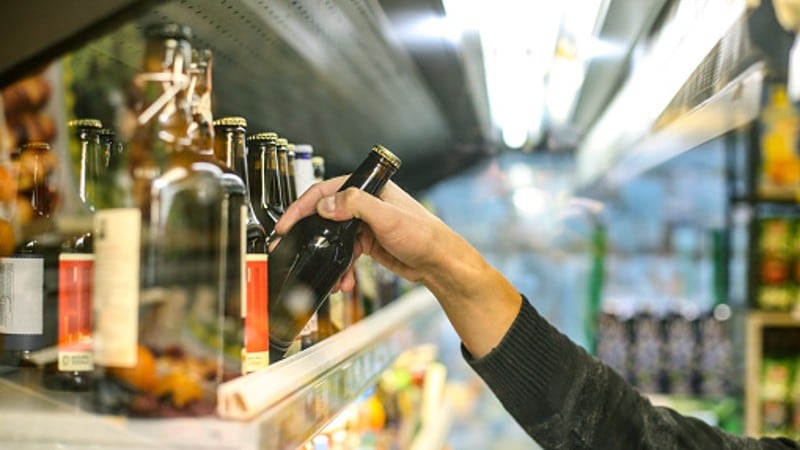
The Vietnamese government has drafted new regulations proposing a phased increase on excise taxes for alcoholic beverages to 100% by 2030 as well as 10% for sugar-sweetened beverages, in attempts to curb overconsumption as well as boosting national income.